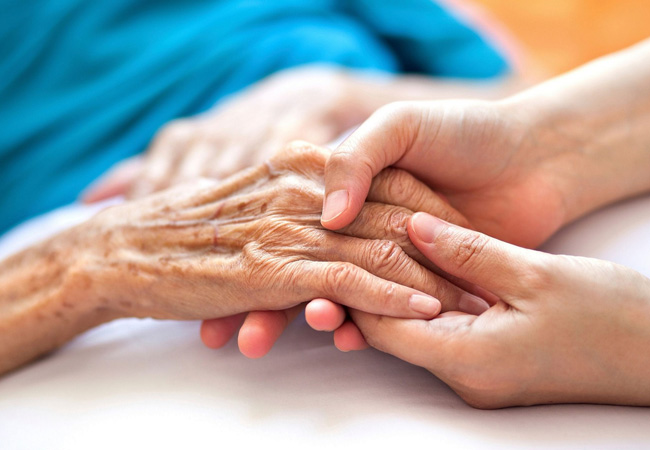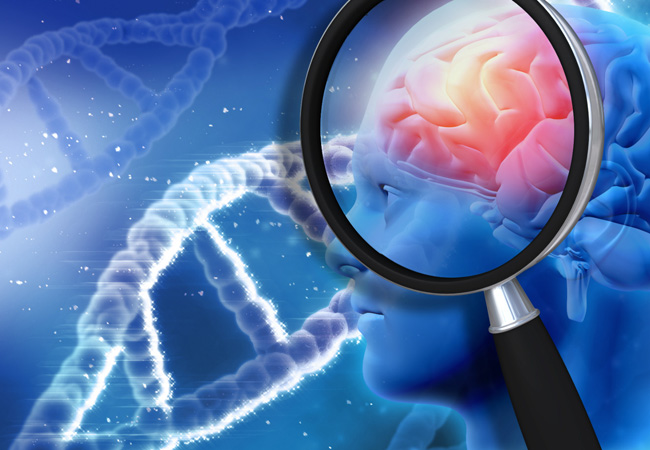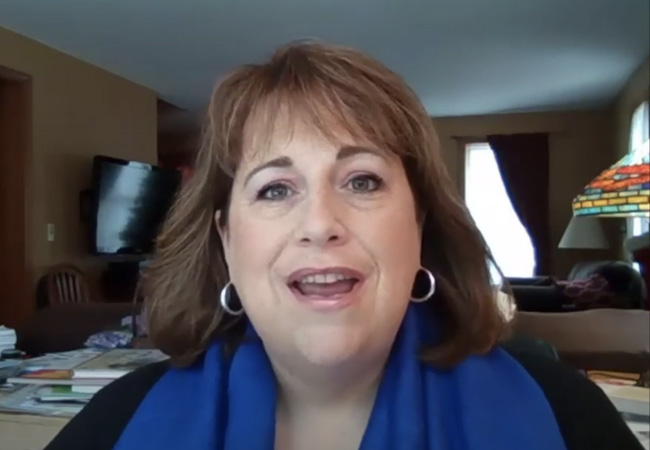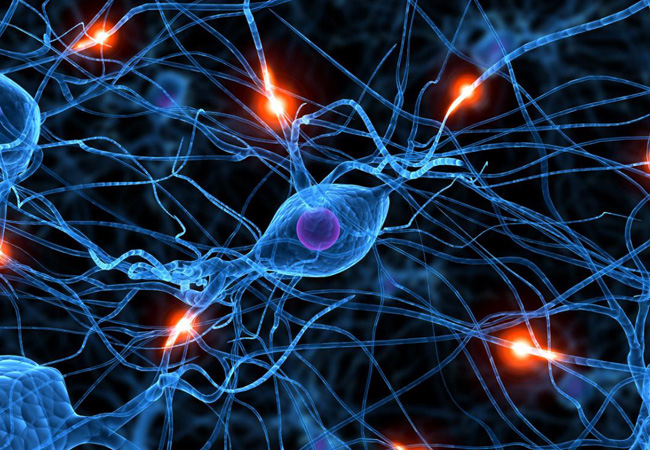Material Insights,
Seasoned Expertise
Experts compare what we know about the brain to what we know about the ocean. It's deep and vast and filled with mystery. Atwood Dementia Group supports people at all stages: from brain health strategies to mild cognitive impairment to caring for advanced Alzheimer's or related disorders.
It takes time to get a diagnosis and to fully evaluate the cause of memory problems. First, doctors rule out things that are common and treatable, like depression, medication side-effects, thyroid problems, vitamin deficiencies, or short-term changes in memory from infection or recent anesthesia (called delirium). They may order tests like MRI to check for changes in the brain from strokes or mini-strokes (TIAs).
Over time, a doctor may give you a diagnosis of “dementia” but many may not give you a specific cause, such as Alzheimer’s, Lewy Body or Vascular. If you go to specialists like neurologists or geriatric psychiatrists, they may give you a specific diagnosis, or they may suggest a “mixed” type of dementia (meaning it could be more than one cause, like Alzheimer’s and Vascular dementia).
Current services include:
- Counseling (CT Only)
- Information & Referral
- Support Groups
- Staging of Dementia
- Online Education
- Behavior Assessments
- Care Planning
- Educational Seminars
- Total Engagement Activities
- Caregiver Coaching
Psychology Today
The world’s largest mental health and behavioral science destination online. It is the original and largest publishing enterprise that is exclusively dedicated to human behavior.
View Pam's profile on their website.

Information & Referral
You don’t know what you don’t know. We know what you need to know. Call us and we can share our partners’ contact information, from lawyers to home care to activity resources.
Click Here to get our e-Newsletter “Alz You Need to Know”

Support Groups
We offer several support groups:
- Alzheimer’s Caregiver Group: 3rd Wednesdays at 3:00pm in Hebron CT
- Young Onset Parkinson’s Support: 1st Monday at 6:30 pm in Vernon CT
Out of the area? We can connect you with resources local to you, or online.

Counseling
Atwood Dementia Group specializes in counseling seniors living with dementia, as well as their caretakers and families as they struggle with the process of caring for a loved one with dementia. Pamela Atwood helps families and individuals understand fundamentals while helping them build a sound strategy to manage life with Alzheimer's and other forms of dementia.

Staging of Dementia
A diagnosis tells you little about what to expect on a day-to-day basis. Knowing the stage of dementia helps you understand what is “normal” at this stage, and help you prepare for the next stage.

Online Education
YouTube videos and Podcasts are in development. Visit Pam's YouTube channel here.

Behavioral Assessments
Behavioral symptoms are some of the most challenging changes, and our approach is to make YOU an expert at managing behavioral expressions. There’s no behavior we haven’t had to deal with before.

Educational Seminars
Monthly we offer educational workshops on a variety of topics. But we are known for our intensive seminars. Full-day for professionals, and weekend retreat seminars for family caregivers make caregivers confident and improve resilience.

Care Planning
With an uncertain future, planning often seems impossible. Our experts can help you make informed decisions that work for your values, abilities and resources.

Total Engagement Activities
Pam & her husband Tom Atwood co-authored the book Total Engagement: Activities for Growth & Expression in Older Adults in 2020. With this service, we provide information on activities and engagement that is meaningful, wellness-focused and customized for your family member
Click here for our FREE T.E.A. Mini-Book.

Caregiver Coaching
This is our specialty and what we enjoy the most. Coaching helps support caregivers through their unique experience, with compassion, expertise and empathy.
Click here to get our FREE Confident Caregiver e-Book.

Corporate Consultation & Training
Many industries in senior services now are required to provide training in Alzheimer’s and related disorders. Atwood Dementia Group can provide training for groups as small as 5 and as large as 500. Consulting for organizations is customized on a case by case basis for everything from special projects to ongoing training and program development.

Stages of Dementia
Getting a diagnosis takes time to fully evaluate the possible causes of memory problems. Doctors first rule out things that are common and treatable, like depression, medication side-effects, thyroid problems, vitamin deficiencies, or short-term changes in memory from infection or recent anesthesia (called delirium). They may order tests like MRI to check for changes in the brain from strokes or mini-strokes (TIAs).
Over time, a doctor may give you a diagnosis of “dementia” but many may not give you a specific cause, such as Alzheimer’s, Lewy Body or Vascular. If you go to specialists like neurologists or geriatric psychiatrists, they may give you a specific diagnosis, or they may suggest a “mixed” type of dementia (meaning it could be more than one cause, like Alzheimer’s and Vascular dementia).
Even if you get a diagnosis, this process does not usually offer information on what STAGE the person is at. Many clinicians suggest general stages, such as early, middle or late, or even mild, moderate or severe, but this tells us little.
Assessing a person’s stage of dementia tells caregivers what is “normal” or expected at a given stage, and offers insights into the person’s remaining abilities. Focusing on what is needed for the person’s best ability to function helps the caregiver adapt approaches to help the individual succeed with activities of dialing living. This reduces frustration and anxiety for the caregiver and the person living with memory problems. Ultimately it helps increase quality of life as we increase the quality of care.
Seasons Staging of Dementia
This process takes 2 to 2.5 hours depending on how complex the situation is.
- Review diagnosis/diagnostic process the individual has gone through
- Learn about the individual’s experience with onset of symptoms to date (how and when were problems first noticed, and how have they progressed to present time)
- Review current medications/supplements/OTCs/herbals
- Evaluate for pain (excess disability)
- Screen for depression (excess disability)
- Administer cognitive assessments
- Assess functional abilities
- Inquire about behavioral expressions
- Identify stage
- Share information about what’s “normal” at this stage (functional abilities as well as losses) and how to adapt caregiver approaches (meet the person’s best-ability to function).



